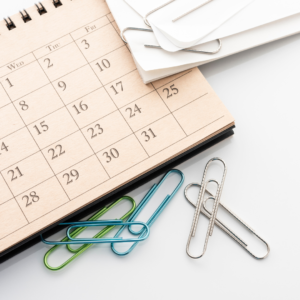Taxpayers who have yet to submit their 2018/19 tax return through self-assessment are being warned about fraudulent scams.
HMRC has warned millions of taxpayers to be on their guard ahead of the deadline at midnight on 31 January 2020.
Over the last year, the Revenue received almost 900,000 reports from members of the public about suspicious phone calls, texts or emails.
More than 100,000 of those reports were phone scams, while over 620,000 related to bogus tax rebates.
Gareth Shaw, head of money at Which?, said: “The number of people targeted by HMRC scams is staggering and the problem is only likely to get worse as the self-assessment deadline looms.
“Victims often end up being tricked into transferring money to a criminal. Innocent people are losing life-changing sums everyday.”
Common scam methods involve fraudsters calling taxpayers to offer a fake refund, and sending texts or emails linking to a false page.
Taxpayers are often threatened with arrest or imprisonment if a bogus tax bill is not paid immediately.
Such scams have become more frequent as HMRC move away from postal contact in favour of online and internet based communication.
Genuine organisations, such as HMRC and banks, will never contact people to request their PIN number, password or bank details.
Taxpayers should never give out private information, reply to unexpected text messages or emails, download attachments or open links contained in them.
Anyone with doubts over the credibility of contact from HMRC is advised to contact their professional advisor for assurance.
If you do not have a professional advisor it is recommended to contact HMRC on the published contact details, not those in the dubious correspondence, to verify the authenticity of the contact.
To report suspicious calls or emails claiming to be from HMRC, email phishing@hmrc.gov.uk or forward texts to 60599.
Did you know NR Barton are on Twitter, @nrbarton, where you can find regular updates like the one here.






